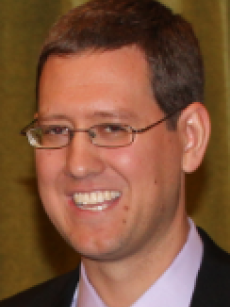Dr. Lucas is an associate professor of Islamic Studies. His research explores the creative process by which Sunni and Zaydi scholars composed works in the genres of law, hadith, and Qur’anic commentary during the classical period of Islamic civilization. He recently published a two-volume, unabridged translation of thirty passages from al-Tabari’s Qur’an commentary, titled Selections from the Comprehensive Exposition of the Interpretation of the Verses of the Qur'an. Dr. Lucas was a member of the School of Historical Studies at the Institute for Advanced Studies in Princeton during Fall 2018 and received an ACLS Fellowship to pursue research on the relationship between the Qur'an and Islamic Law during the 2018-19 academic year. He currently is working on multiple book and article projects related to Zaydi law and theology in Yemen.
sclucas
Currently Teaching
RELI 277A – History of the Middle East: 600-1453
In this course, students take a humanistic disciplinary perspective to explore the cultural products of the pre-modern Middle East and answer questions about its historical development. Using primary sources in translation and secondary scholarship, students will explore the context of the rise of Islam; the process of conversion and expansion across the Middle East, North Africa, and Central Asia; the crystallization of Shi'ism and changing notions of religious authority; and the impact of Turkish migrations and Mongol conquests. They will become familiar with major genres of pre-modern Middle Eastern literary, religious, and scientific writings, and use techniques of close reading to answer questions about those texts' ideological positions and contexts.
RELI 444 – Islamic Mysticism
Origin and development of Sufism and its impact on Muslim and non-Muslim worlds.
RELI 544 – Islamic Mysticism
Origin and development of Sufism and its impact on Muslim and non-Muslim worlds.


